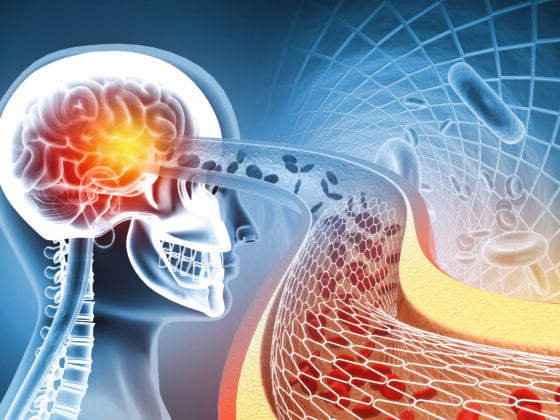At the beginning of the year, a real hype was unleashed. ChatGPT came on the market and was made available for free to all Internet users. The first voices were quickly raised that the writing guild – in whatever form – would now become superfluous. After all, everything your heart desires is delivered free to your door in the shortest possible time by artificial intelligence (IT). But is this really the case? An attempt.
I must confess, I was also curious. Not only for professional reasons. I find it fascinating the dimensions in which digitization is now moving. When I think back to how I struggled with the first computer experiments in the new subject “computer science” at school, then the simplified user interface and nowadays we wander around in the metaverse in times long past. So now the latest step: ChatGPT. An artificial intelligence that has the knowledge of the entire Internet at its disposal and can retrieve it within a few moments. I took a chance and had an article written on AI in neurology. The (unprocessed) result is highlighted in gray:
| Artificial intelligence and diagnosis of diseases Artificial intelligence can be used in neurology to diagnose diseases. AI can help examine images and scans of the brain and point out abnormalities or abnormalities. One of the most common applications of AI in the diagnosis of neurological diseases is magnetic resonance imaging (MRI). By analyzing MRI images, AI can identify diseases such as Alzheimer’s, Parkinson’s and multiple sclerosis. The accuracy of diagnosis is often higher than human doctors, as AI systems are able to detect tiny variations in images that can escape human eyes. Another example is the diagnosis of strokes. AI systems can analyze CT scans and MRI images to determine stroke severity. Rapid diagnosis and treatment of strokes can save lives, and AI can help speed up and improve these processes. AI-assisted therapy AI is also being used to develop new therapies and treatments for neurological diseases. AI systems can analyze genetic, molecular, and neurological data to develop new drugs specific to patient needs. Personalized medicine is an emerging field in neurology, and AI can help make this vision a reality. AI can also be used in the development of prosthetics and other medical devices. Brain-computer interfaces (BCIs) are becoming increasingly popular in neurology. These devices can be used to read and interpret signals from the brain and then convert that information into commands that can be sent to prosthetic limbs or other medical devices. AI can help improve these systems and optimize the interaction between the brain and the device. Artificial Intelligence and Prevention AI can also be used to prevent neurological diseases. For example, AI can be used to identify individuals at increased risk for Alzheimer’s disease. By analyzing brain scans and other data, AI can identify patterns that indicate a higher risk for the disease. Based on this information, physicians can take preventive measures….. |
| ChatGPT at a glance ChatGPT is a chatbot, that is, a text-based dialog system based on machine learning. Artificial intelligence is capable of generating human-like conversations in text form. You ask a question, ChatGPT answers. In the process, the bot can even remember previously asked questions and incorporate them into the answer. Nevertheless, you should not necessarily believe everything the program writes. The developers themselves warn against this, as the AI is not yet mature enough and can therefore also reproduce incorrect information. The chatbot can be used in different languages and is available in the basic version via the browser at https://chat.openai.com/chat free of charge. |
Conclusion
Well, that was it. As you can see – something is missing. Why? I don’t know. But since I assume that a machine (and therefore ChatGPT) is only as good as its user, I assume an operator error on my part. Therefore, we will disregard this fact and take a closer look at the article itself. It is well structured and makes sense. As far as the language style is concerned, I think there is still some room for improvement. Therefore, I would currently see ChatGPT more as a support for research purposes than as a buyer of work. But this is just a first impression. And as we can see from the introduction to the article, AI is constantly and rapidly evolving. I am therefore very curious to see where the journey will go. Who knows, maybe there will soon be a new series of topics under the title “I ask, AI answers”.
InFo NEUROLOGY & PSYCHIATRY 2023; 21(2): 35.











